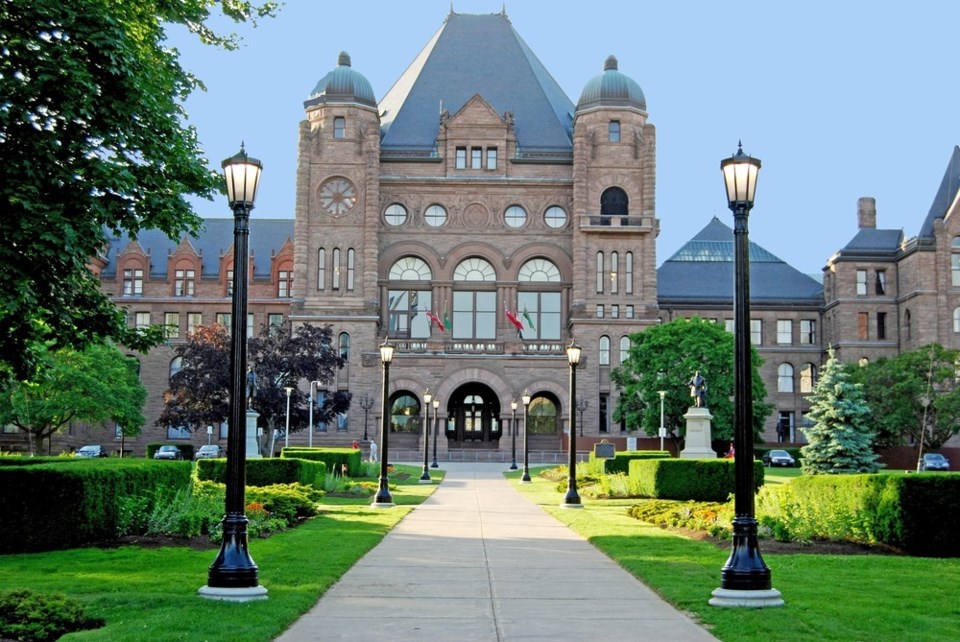This morning, the Auditor General released a pre-election report on the government’s budget numbers and it's not kind to Liberal election hopes.
The report found that Ontario’s deficit is actually $11.7 billion, 75 per cent larger than the Liberals said.
"The Ontario government’s presentation of the province’s finances in its Pre-Election Report last month is 'not reasonable' because it understates Ontario’s deficit and expense estimates by billions of dollars over the next three years," Auditor General Bonnie Lysyk said in her report this morning.
The Fiscal Transparency and Accountability Act, 2004 requires the Ontario government in a fixed election year to release a Pre-Election Report on the province’s finances that includes revenue and expense projections for the next three years.
Lysyk found that the government understated expenses, thereby underestimating the true size of future annual deficits.
Specifically, the deficit forecast should be higher by:
- 75% in 2018/19 ($11.7 billion instead of $6.7 billion),
- 85% in 2019/20 ($12.2 billion instead of $6.6 billion), and
- 92% in 2020/21 ($12.5 billion instead of $6.5 billion).
“This is just the latest example of why Kathleen Wynne is untrustworthy," said Nipissing MPP and Ontario PC Finance Critic, Vic Fedeli.
"The Wynne Liberals will do, say, or promise anything to cling to power – this includes using shady accounting practices to bury the true state of Ontario’s books. The Wynne Liberals' deliberately misleading shell game is proof that the people of Ontario can’t trust this government.”
PC Leader Doug Ford has committed to a full audit of the government’s books to restore responsibility, accountability, and trust in government says a PC news release.
“When expenses are understated, the perception is created that government has more money available than it actually does,” Lysyk writes in her report. “Government decision-makers might therefore budget more money to be spent on initiatives and programs, when that money is actually needed to pay for expenses the government has failed to record properly. Therefore, more money will need to be borrowed to pay for the unrecorded expenses even when government reports an annual surplus or a balanced budget.
“A perception is also created of an improving trend in the relationship between the government’s financial obligations and its capacity to raise funds to meet them, when the burden of net debt is actually increasing,” Lysyk explained.



